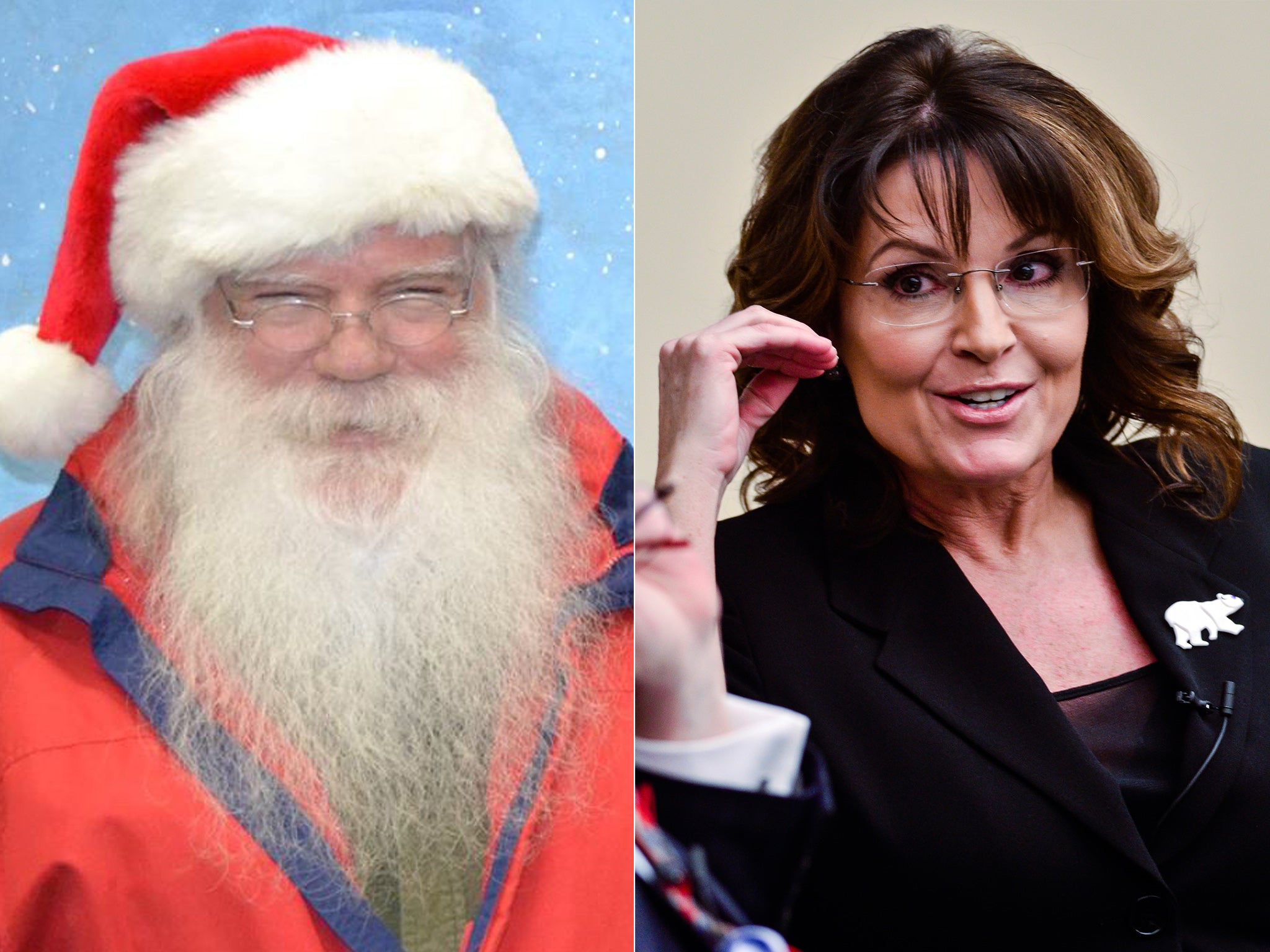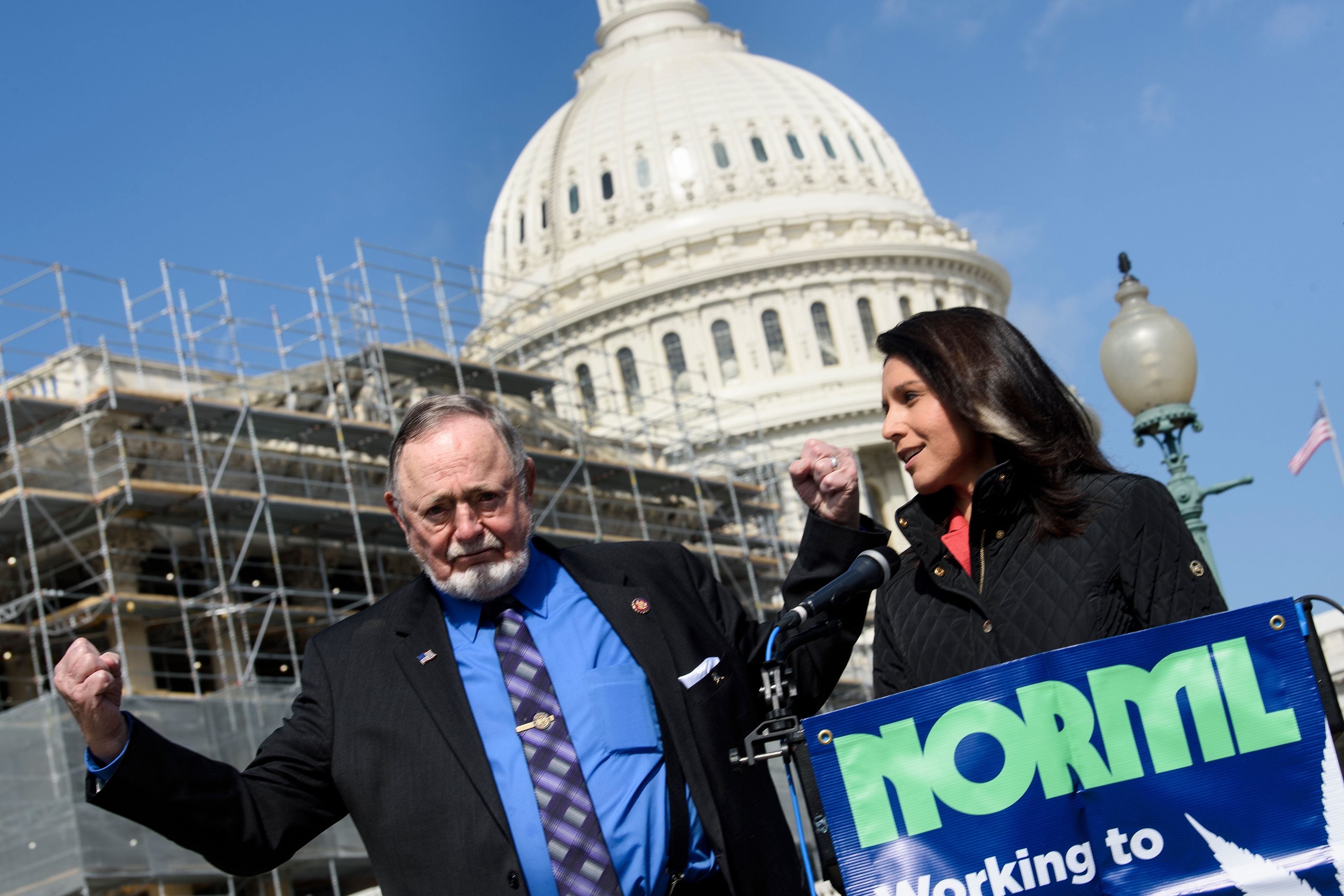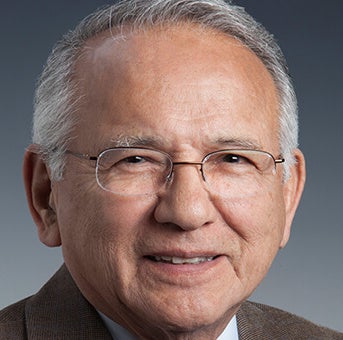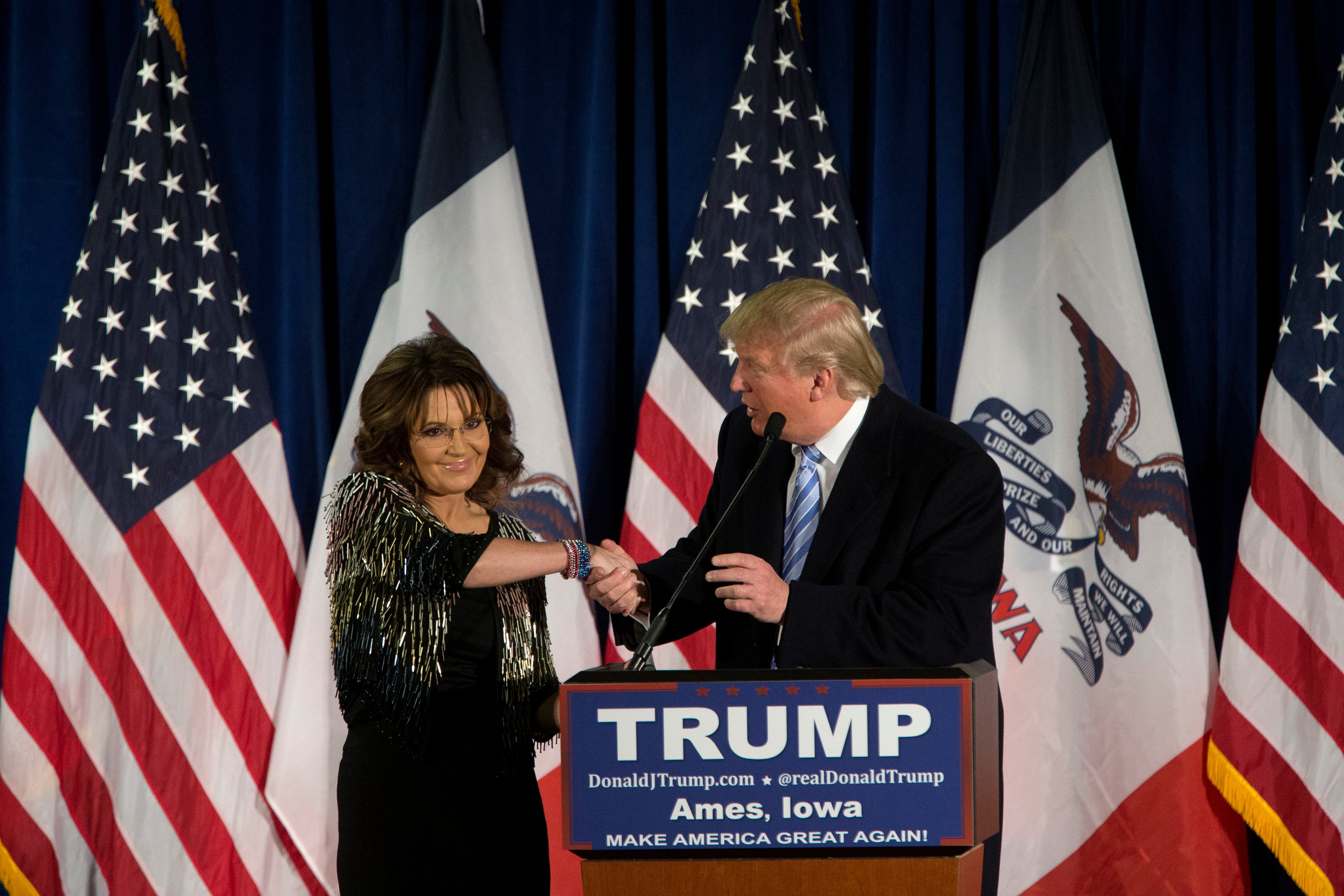Can Sarah Palin trump Santa Claus? Her eclectic rivals weigh in on her run for Congress
The late Don Young first won against a dead Democrat, but his own death has opened race for first time in half a century, writes Andrew Buncombe


Your support helps us to tell the story
From reproductive rights to climate change to Big Tech, The Independent is on the ground when the story is developing. Whether it's investigating the financials of Elon Musk's pro-Trump PAC or producing our latest documentary, 'The A Word', which shines a light on the American women fighting for reproductive rights, we know how important it is to parse out the facts from the messaging.
At such a critical moment in US history, we need reporters on the ground. Your donation allows us to keep sending journalists to speak to both sides of the story.
The Independent is trusted by Americans across the entire political spectrum. And unlike many other quality news outlets, we choose not to lock Americans out of our reporting and analysis with paywalls. We believe quality journalism should be available to everyone, paid for by those who can afford it.
Your support makes all the difference.No matter what people say about the political contest taking place in Alaska – and people have plenty to say – there is one thing about which they all agree: that the race for the sole congressional seat will be the most open in half a century.
The most obvious reason for this is that the person who held the seat for 49 years, Republican Don Young, who was first elected in 1973, died in March. It was his death at the age of 88 that triggered the special election to replace him.
It is a contest that has so far attracted around 50 candidates. Interest in the election has partly been attributed to the new open primary system, which has been adopted for the first time.
In June, voters will cast their ballots and the top four names will go forward to the run-off making use of ranked voting.
But attention to the race has no doubt intensified because one of those running is Sarah Palin, 58, a former mayor of Wasilla who served as the 9th governor of Alaska from 2006 to 2009.
The outspoken populist is probably best known for being the 2008 Republican vice presidential nominee with Arizona senator John McCain as her running mate. She was the first woman to be on the top GOP ticket and only the second for a major US party. While some mocked Palin, others were impressed by her authenticity and communication skills.
Palin, who has spent the past decade in semi-retirement and commentating for Fox News, announced at the beginning of this month she was joining the already-crowded field.
“Public service is a calling, and I would be honoured to represent the men and women of Alaska in Congress, just as Rep Young did for 49 years,” she said. “America is at a tipping point. As I’ve watched the far left destroy the country, I knew I had to step up and join the fight. The people of the great State of Alaska, like others all over the country, are struggling with out-of-control inflation, empty shelves, and gas prices that are among the highest in the world.”
She received the endorsement of former US president Donald Trump, which drew further attention to the race. “Sarah shocked many when she endorsed me very early in 2016, and we won big,” Trump said. “Now, it’s my turn! Sarah has been a champion for Alaska values, Alaska energy, Alaska jobs and the great people of Alaska.”
But while Palin may have the greatest name recognition and the endorsement of Trump, it is not clear she can pull this off. At the very least she will have a fight on her hands.
And she is going to have to reckon with a whole host of other candidates, including a left-wing city council member from North Pole, Alaska, near the city of Fairbanks, who 17 years ago legally changed his name to Santa Claus.
Another candidate, 89-year-old Emil Notti, is a Native Alaskan whose platform is raising attention to climate change, the effects of which, he says, are being seen in Alaska.
Yet another candidate, Nick Begich III, is a Republican member of a leading Democrat family in Alaska. He is running for the seat once held by his grandfather. Nick Begich Sr was elected to Alaska’s lone congressional seat in 1970 but was one of four people assumed to have died when their light aircraft disappeared during a 1972 flight from Anchorage to Juneau. His body was never found. One uncle, Mark Begich, is a former Democratic senator for Alaska, while another uncle, Tom Begich, is a Democratic state senator.
“I’ve been a Republican my whole life, since the first time I registered to vote. I’m a conservative ... I think Don Young and I share many of the same views on a number of policies,” he told the Anchorage Daily News. “I would say I’m probably a little to the right of Don, but at the end of the day it’s conservative principles that I hold.”
Ivan Moore, a British pollster who moved to Alaska three decades ago, said a survey he carried out in October suggested Palin had a favourability of around 31 per cent. At one point, her negative rating stood in the sixties. That is nothing new, he said.

After she resigned as governor, some people believed the job she had done was decent, but that she was a “bit of a fruitcake”, he said.
Is there anything she can do to boost her ratings? “Not really. I think she can get to the final four,” he told The Independent. “But I don’t think she makes it beyond that.”
He said the ranked voting system allows (and requires) candidates to have a broader appeal. His polling suggests that Palin’s support base may be as low as 8 per cent. Palin’s campaign did not respond to questions.
Emil Notti remembers where it all started. In 1973, he was among those who challenged Young for the open seat created by Nick Begich Sr’s disappearance. Initially, Begich Sr, a Democrat, had beaten Young even though the plane had gone missing, making him one of five people The Washington Post noted who was elected to Congress even though they were dead.
A fresh election had to be ordered. In the final showdown between Notti and Young, the Republican won with a margin of just 1,921 votes, something the Democrat puts down to the fact that Young’s name had been on the ballot for longer.
Despite having lost in 1973, Notti believes he has a chance this time around. “I’m an underdog. I think there’s going to be a lot of money in this race,” he said from Anchorage. “My hope is that people get fed up with slick ads and dark money from different places coming into the state. I hope we get a reaction against them.”

Notti, who is of Koyukon Athabaskan heritage, said he is not intimidated by Palin joining the race.
“Well, she’s very well known. She got Donald Trump’s endorsement. She’ll be getting a great deal of money, right,” he said. “But I don’t think she’ll do any better than any other candidate. I think it’s a pretty even playing field, even with all the money behind her.”
Claus, 75, who has name recognition of sorts, is also relying on small donations. “Please call me Santa. Claus makes me feel so old,” he said, adding that he uses his recognisable name to work across the US and Alaska on child protection issues.
A Christian monk and two-term council member, Claus says that before he changed his name in 2005, he served as a special assistant to the Deputy Police Commissioner of New York City, and was a member of the Federal Emergency Management Agency’s national defence executive reserve.
Speaking from North Pole, Claus said he believes the most important issues for him are Medicare for All, union membership, LGBT+ rights, student debt cancellation, expanding broadband access and education.
He also supports a strong military. “Alaska is only 50 miles away from Russia,” he said. “So that’s a consideration and our collaboration with other nations to share space up here, and energy and oil, gas and coal and renewables.”

He said that as a progressive in North Pole, he is “a blue spot in a red sea”. Yet he is not intimidated by the presence of Palin or the money she might bring, he said.
He thinks his chances are “pretty good” if he gets through the primary given the ranked system of voting. “If I get through the primary I think I can be the guy who’ll win,” he said. “Because I think I’ll be some people’s first choice and a lot of people’s second choice.”
Join our commenting forum
Join thought-provoking conversations, follow other Independent readers and see their replies
Comments